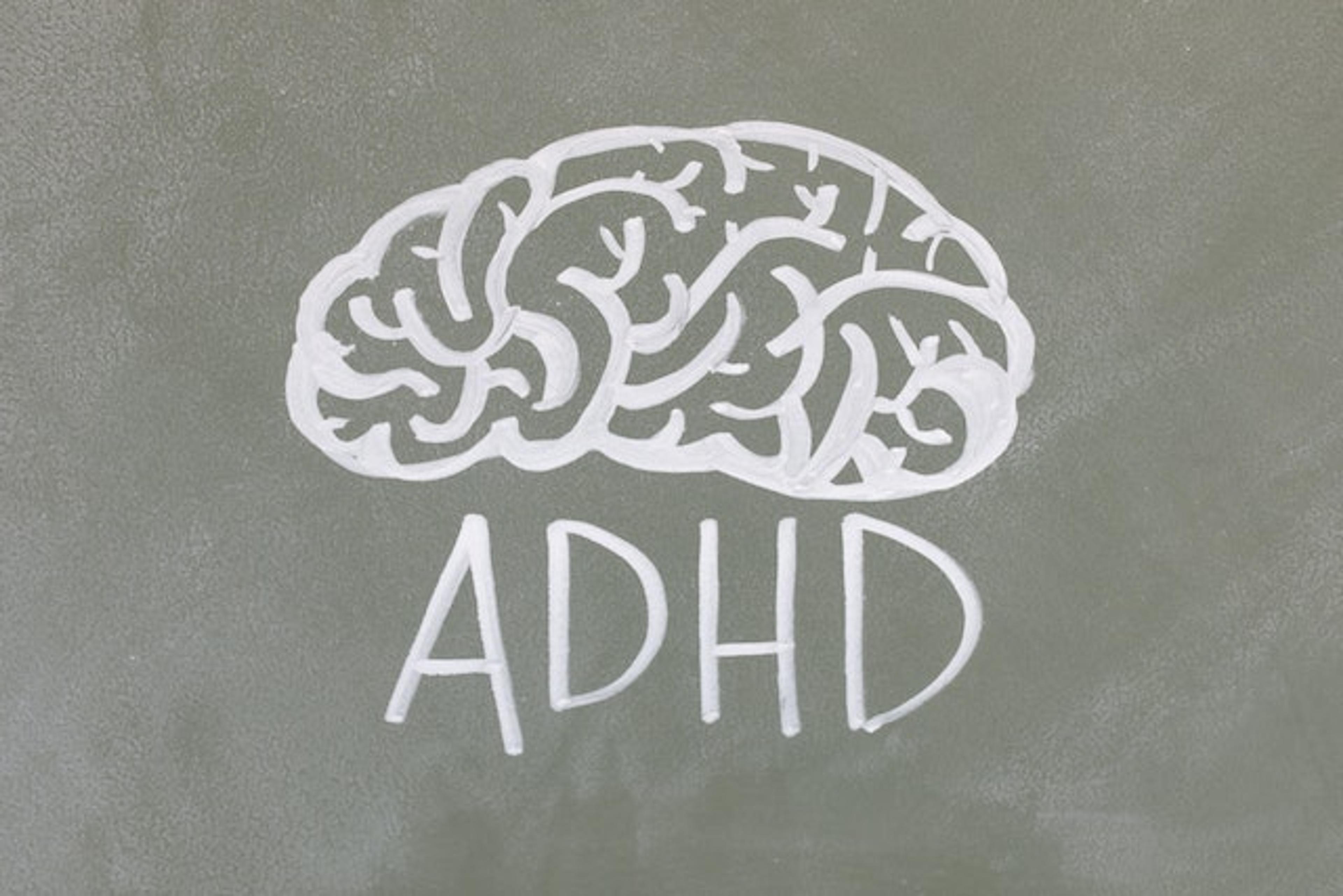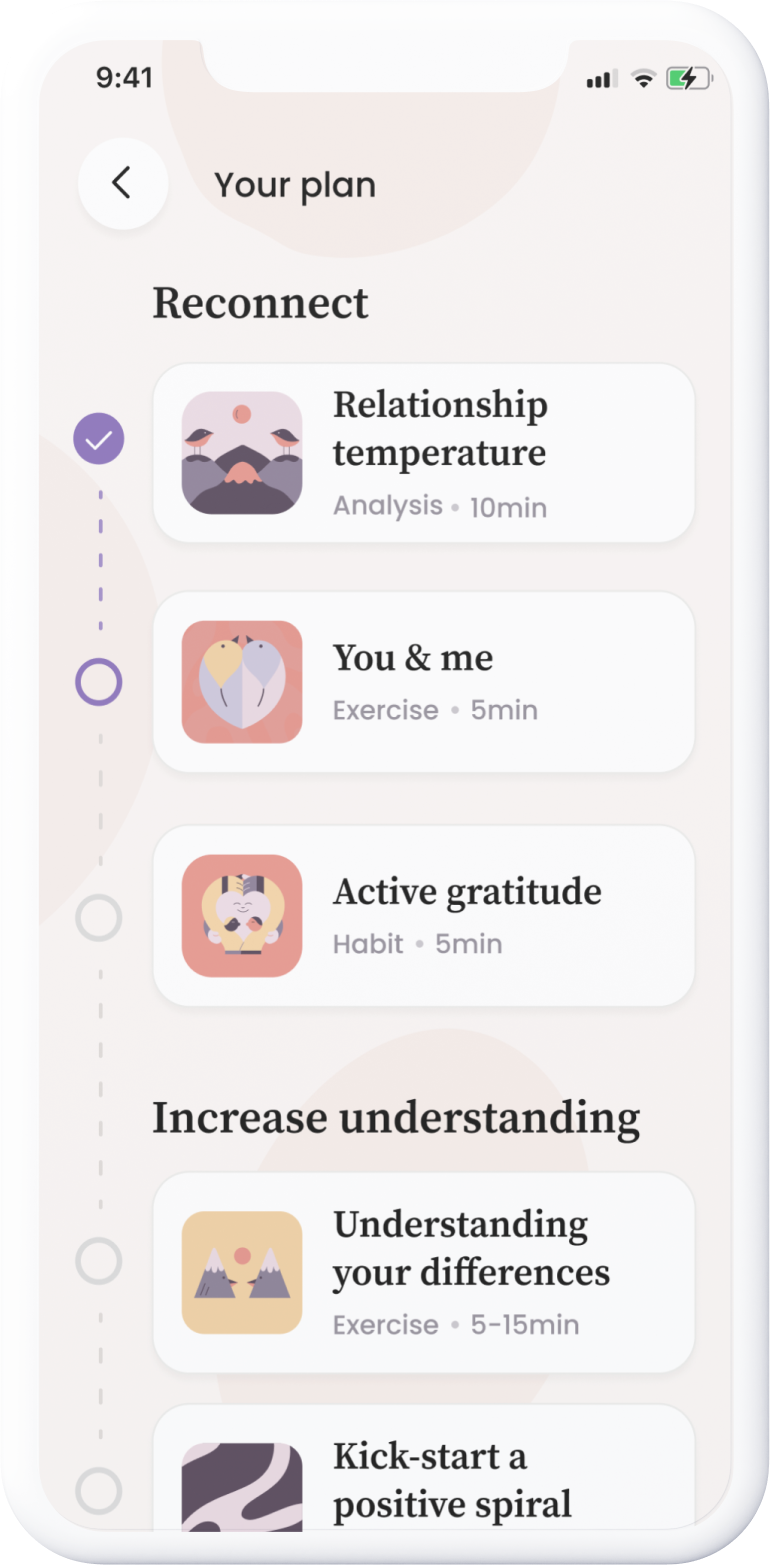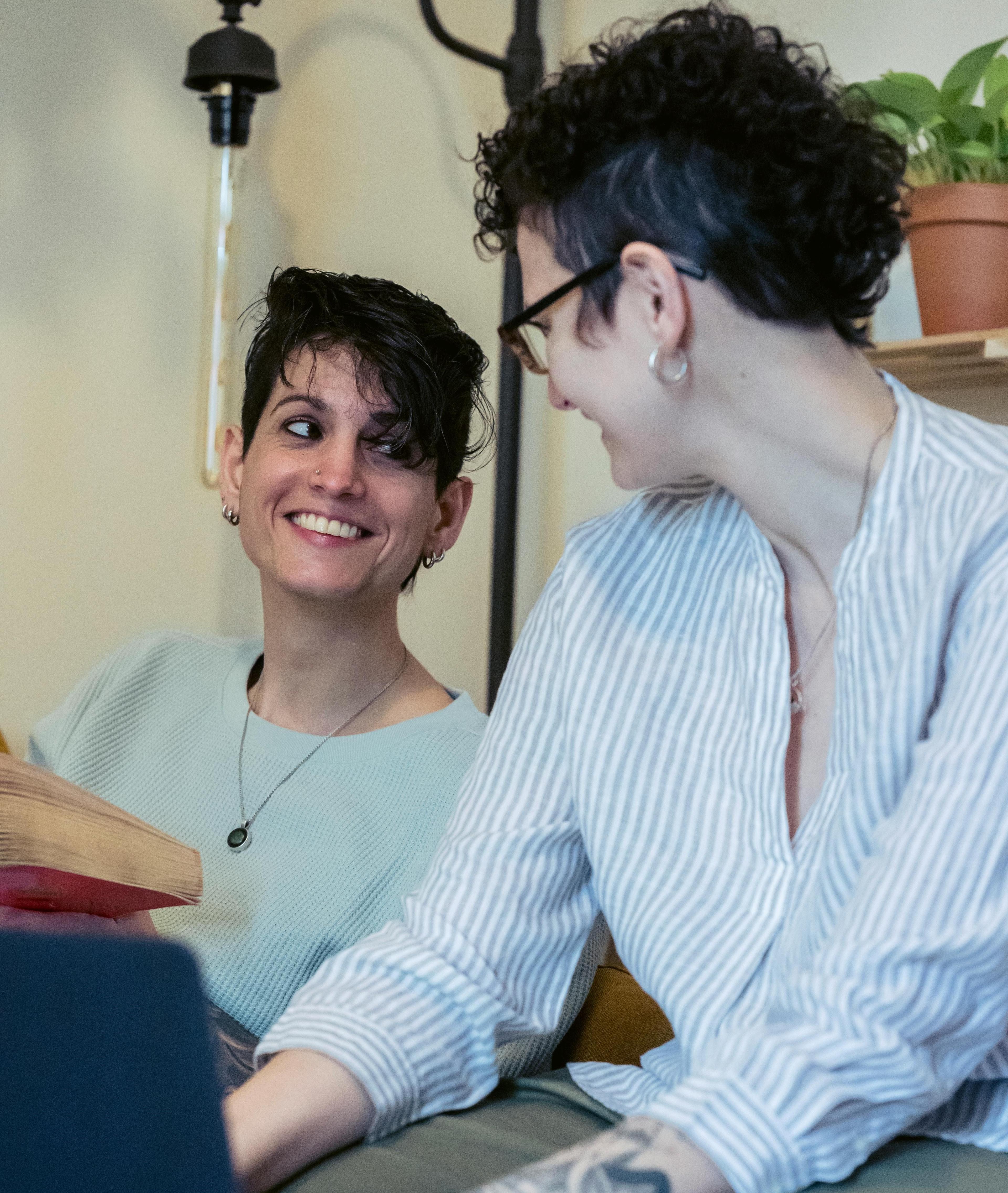ADHD and Relationship Problems
What Relationship Problems Can Arise and How to Solve Them?- 25 April 2024
- 7min

Do you have ADHD and a relationship or are your partner dealing with ADHD? Living with ADHD can have a profound impact on your entire life, including your relationship. While all relationships face challenges, those involving individuals with ADHD may encounter additional hurdles. In this blog post, we will focus on ADHD and reltionships and how it´s living together.
ADHD manifests as difficulties with attention, hyperactivity, and impulsivity, although it can vary significantly from person to person. If hyperactivity and impulsivity are not prominent, the diagnosis may be Having ADHD/ADD affects your entire life and, of course, also manifests in our relationships. Here, we will describe ADHD in relationships and some common relationship problems and provide tips on how to handle them.
How ADHD/ADD can create relationship problems: 5 common areas
1. Emotional regulation and impulse control
Having a short fuse, easily exploding with anger, saying things one later regrets, or impulsively agreeing to things without consulting the partner or considering the consequences.
2. Memory issues/forgetfulness
Losing things, forgetting to respond to messages, or failing to do what one said they would, which can lead to conflicts.
3. Planning and organizing difficulties
Maintaining order in daily life, managing cleaning/laundry/cooking, or being responsible for everything that needs to be done with children. Having the foresight, such as that required for planning a vacation.
4. Inattentiveness during conversations
Finding it hard to fully engage and appearing distracted or unfocused during conversations, causing your partner to feel unheard or disappointed and making one unsure if they have understood the most important aspects of a conversation.
5. Fatigue and exhaustion
Feeling completely drained after a workday where one has had to struggle. This makes it challenging to be the best version of yourself for your partner and lacking the energy to actively listen, socialize, or express love in the way you wish you would.to be one's best self towards one's partner, as the energy is insufficient to listen, socialize, and express love in the desired manner.
Do you have ADHD and are in a relationship? Do you recognize yourself in these challenges, or do you face other difficulties? Remember that you are not alone, and it is important for both you and your partner to understand how ADHD symptoms affect your relationship. ADHD symptoms are a part of who you are, and there can also be positive aspects to them—for example, experiencing strong emotions and coming up with spontaneous creative ideas can enrich a relationship.
Partner with ADHD and relationship problems
Being a partner to someone with ADHD can be quite challenging. You may feel tired of taking on a large portion of the responsibility, feeling like someone who is sometimes more of an adult than an equal partner. Two common areas that might be challenging:
1. Making everyday life sail smoothly
You may feel like you alone bear the responsibility for everything to run smoothly, which can lead to arguments, conflicts, and/or your own exhaustion. It is common to feel like being “the boring one”. This often becomes particularly evident when you share a greater responsibility, such as becoming parents together.
2. The partner's difficulties in regulating emotions
This can lead you to tiptoe around issues or avoid addressing things that bother you, or your own feelings may not find space in the relationship.
ADHD and relationships – 5 tips to make life together easier
1. Acceptance
Challenging but crucial. If you have a partner with ADHD, you will likely need to take on more responsibility for certain things. Fairness won’t always prevail (though that doesn’t mean tolerating everything).
Can you let go of the notion that everything should be equal or match societal norms? Otherwise, you risk feeling dissatisfied and nagging, while your partner feels accused and inadequate, leading to a negative spiral. Acknowledging and accepting ADHD symptoms is equally essential, as it serves as a starting point for finding strategies in daily life and taking responsibility for the aspects you can change.
2. Gather knowledge
Learn more about ADHD and what it means for you. Read books, listen to podcasts from individuals who have firsthand experience with ADHD, and explore informative websites.
3. Routines are gold
Remember that the point of routines is not to think more about everyday chores but LESS! If there is a schedule for what needs to be done and when (including reminders on your phone), you as the partner do not have to constantly take charge.
4. Identify and understand your vulnerabilities as a couple
When does it become difficult? When you are hungry or have limited margins? Work to eliminate vulnerabilities wherever possible. An extra fifteen minutes in the morning or a snack on the way home can make a big difference.
5. Prioritize recovery
Ensure that each of you gets the recovery you need. If achieving this balance proves challenging in your daily lives, consider reducing demands in other areas to prioritize the well-being of both individuals in the relationship.
By implementing these strategies and deepen your understanding, you can navigate the challenges associated with ADHD in your relationship and build a stronger, more fulfilling life together.
A shared perspective on your relationship problems
Understanding of ADHD and relationship problems and how ADHD symptoms affect the relationship is important. You may need to see the ADHD symptoms as an external factor that makes things difficult. Of course, the person with ADHD needs to take a significant portion of the responsibility for doing what they can, such as adhering to prescribed medication and using tools for structure/reminders. However, you are better off trying to find solutions together rather than blaming the person with ADHD.
One way to work on the relationship independently is by using the Ally couples app. The app is developed by us, licensed psychologists Clara Zelleroth and Helga Johnsson Wennerdal, to make the methods we use in couples therapy more accessible.








